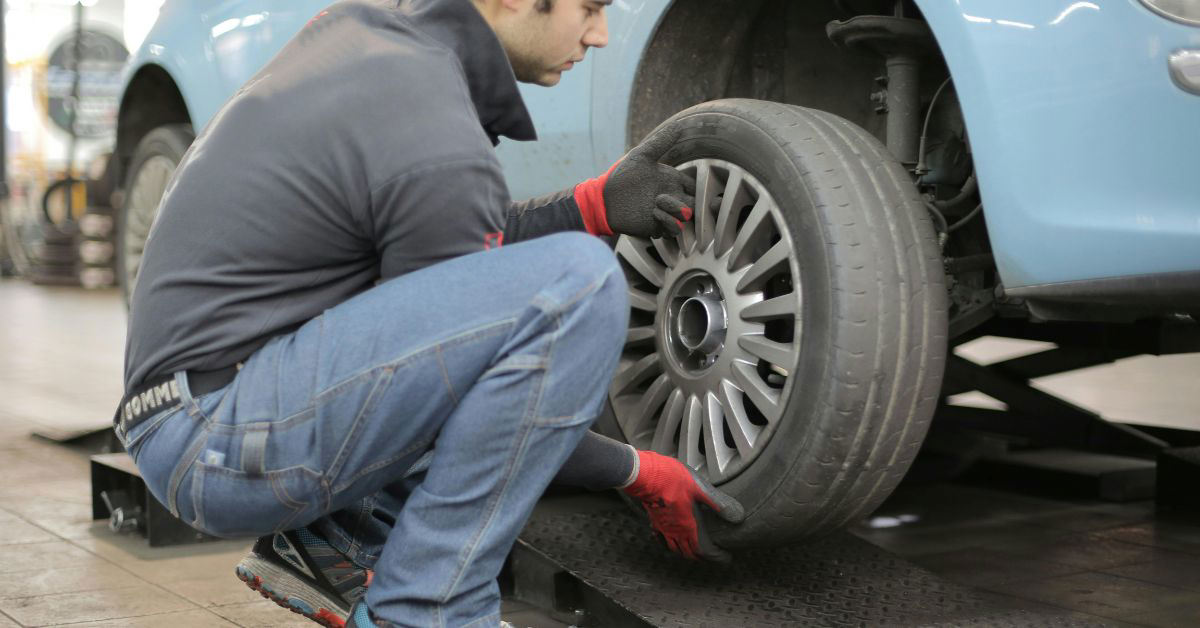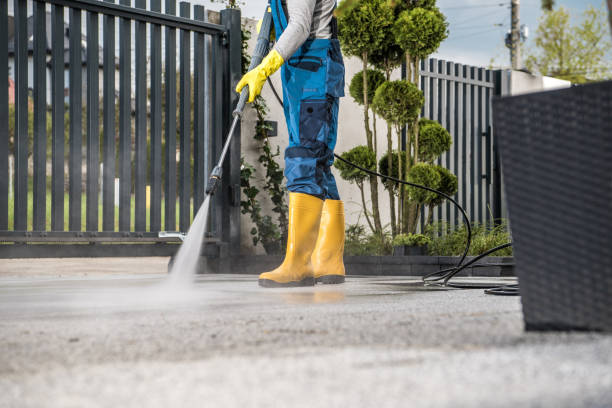Your vehicle’s brake system is one of the most critical components for safe driving. While many car issues can be delayed, brake problems demand immediate attention. Ignoring the signs can lead to reduced stopping power, longer braking distances, and even complete brake failure — putting your life and others at risk.
So how can you tell when your brakes are trying to warn you? Below are the top 7 signs that your brakes need immediate professional inspection.
# 1. Squealing or Screeching Sounds
If you hear a high-pitched squeal when you apply the brakes, your vehicle is giving you an early warning. Most modern brake pads are designed with a wear indicator — a small metal tab that creates this noise when the pads become too thin.
What it means:
- Your brake pads are worn down and need replacing.
- The noise may disappear in wet conditions but should not be ignored if it’s consistent.
Action: Replace the car brake pads before they wear down to the metal, which can damage the rotors and increase repair costs.
# 2. Grinding Noise When Braking
Title Page Separator Site title
Title Page Separator Site title
Title Page Separator Site title
Title Page Separator Site title
Grinding is much more serious than squealing. If you hear a harsh, metallic sound when braking, it’s likely that the brake pads have worn completely away, and metal is grinding against metal.
What it means:
- Brake pads are fully worn out.
- Rotors may be damaged or warped from metal-on-metal contact.
Action: Stop driving immediately and have your brakes inspected. Continuing to drive in this condition can result in brake system failure.
# 3. Soft or Spongy Brake Pedal
Does your brake pedal feel softer than usual or sink closer to the floor when you apply pressure? That’s a clear sign something is wrong with the hydraulic system.
What it means:
- Air or moisture in the brake lines
- Brake fluid leak
- Worn master cylinder
Action: Check your brake fluid level. If it’s low or dirty, get it flushed or topped up. If the pedal still feels soft, visit a mechanic immediately to avoid total brake failure.
# 4. Brake Warning Light Illuminates
Your vehicle’s dashboard is full of helpful indicators — and the brake warning light is one you should never ignore. It may say “BRAKE” or show a circle with an exclamation mark or “ABS”.
What it means:
- Low brake fluid
- Worn brake pads
- ABS (Anti-lock Braking System) failure
- General brake system fault
Action: If the light stays on, don’t assume it’s a false alarm. Pull over safely and check your brake fluid level, or consult a professional to scan the system for error codes.
# 5. Vehicle Pulls to One Side When Braking
If your car swerves or pulls to one side when you hit the brakes, it can indicate uneven braking — usually caused by a mechanical or hydraulic imbalance in the system.
What it means:
- Stuck brake caliper
- Collapsed brake hose
- Uneven brake pad wear
- Contaminated brake fluid
Action: Have your brakes inspected and possibly the calipers replaced. Ignoring this can cause dangerous driving conditions and premature tire wear.
# 6. Vibrations or Pulsations While Braking
Feeling a vibration in your brake pedal or steering wheel when you stop? That’s usually caused by warped brake rotors. The rotors are the discs your brake pads clamp onto, and when they wear unevenly, they can no longer provide smooth contact.
What it means:
- Warped or unevenly worn rotors
- Poor brake pad installation
- Overheating due to aggressive braking
Action: A mechanic may be able to resurface the rotors, but in many cases, replacement is the best and safest solution.
# 7. Burning Smell After Braking
A sharp, chemical odor or burning smell after frequent braking (especially during downhill driving or stop-and-go traffic) indicates overheating brakes.
What it means:
- Brake pads are overheated
- Caliper may be stuck
- Brake fluid could be boiling
Action: Stop the car and let the brakes cool. If the smell continues or is accompanied by smoke, call for assistance immediately — driving further can damage components or lead to fire risk.
Why Quick Brake Attention Matters
Brakes don’t fail all at once — they wear down gradually, and catching early signs can save lives and money. Waiting too long can:
- Increase stopping distance
- Damage rotors, calipers, or brake lines
- Result in complete brake failure
Bonus Tips for Brake Maintenance
- Listen to your car — unusual sounds and feelings are early warnings.
- Have brakes inspected at least once a year or every 12,000 miles.
- Check brake fluid regularly — it should be clear or light yellow.
- Never ignore dashboard lights related to the brake system.
- Get a professional opinion — DIY checks can miss subtle but dangerous issues.
Final Thoughts
Your brakes are your car’s most important safety system. If you notice any of these 7 warning signs, don’t delay — have your vehicle inspected by a qualified technician as soon as possible.



